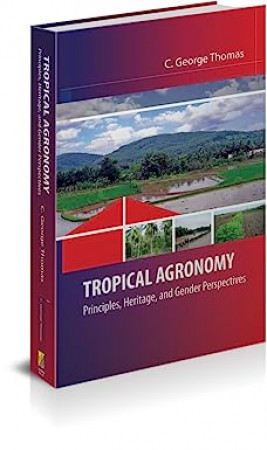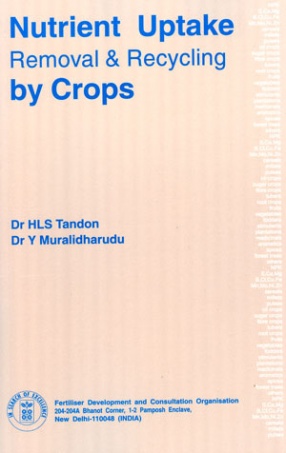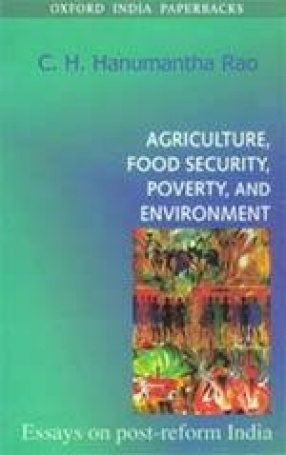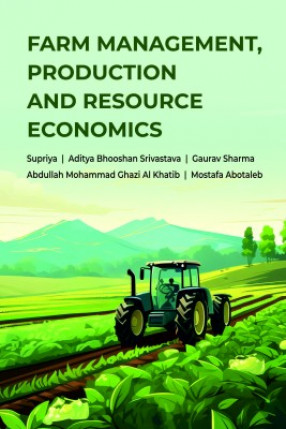Tropical Agronomy: Principles, Heritage and Gender Perspectives
Contents: 1. Introduction to agriculture and agronomy. 2. Naming and classification of crops. 3. Tillage and tillage implements. 4. Seeds and planting. 5. Plant growth and growth analysis. 6. Photosynthesis and crop productivity. 7. Crop ecology. 8. Soil reaction and liming. 9. Soil fertility and plant nutrients. 10. Organic manures and biofertilizers. 11. Fertilizer management in crops. 12. Farming systems in the tropics. 13. Soil Erosion and the Environment. 14. Soil and water conservation: Agronomic measures. 15. Soil and water conservation: Mechanical measures. 16. Wind erosion and management. 17. Land capability classification for the tropics. 18. Origin of agriculture and agricultural systems. 19. Agricultural heritage of India. 20. Agricultural education and research systems. 21. Access to food: Green revolution and after. 22. Gender perspectives in agriculture.
The primary responsibilities of agronomists are to develop innovative farm practices and technologies to improve crop yields, boost profitability, maintain sustainability, and protect the environment. The present book is designed for the benefit of both students and practitioners considering these tasks. The subject matter is presented in a contemporary style concentrating on the emerging and challenging areas of agronomy, especially those relevant to the tropics.
Get it now and save 10%
BECOME A MEMBER









Bibliographic information